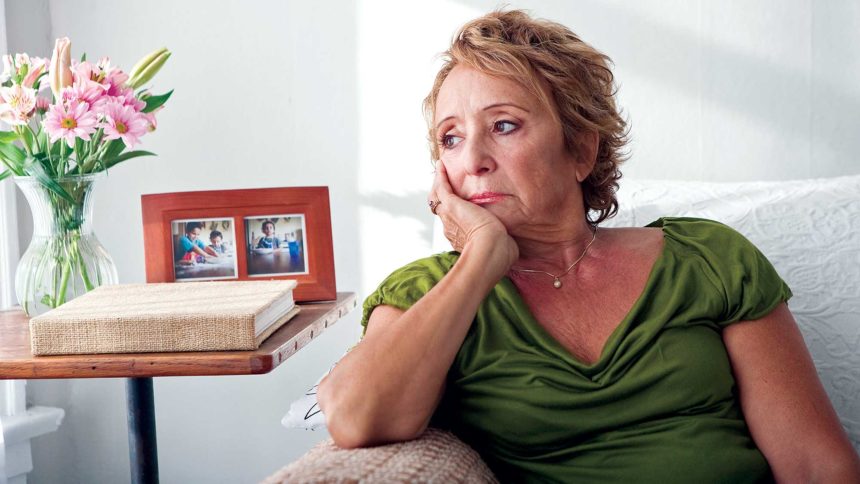
A nationwide survey has found a three-fold increase in the percentage of U.S. adults reporting psychological distress symptoms.
Among nearly 1,500 community-dwellers responding in April, 14% reported symptoms of serious psychological distress, compared to 4% in 2018. Participants aged 55 and older reported symptoms at rates double those of 2018, at 7.3%. Younger adults and those of Hispanic origin had the highest rates.
Loneliness did not appear to be a driving factor in the increased distress levels, with only a slight rise in 2020 rates compared to those in 2018, reported Emma E. McGinty, Ph.D., and colleagues from Johns Hopkins University.
The turmoil of the COVID-19 pandemic, including social distancing and fear of contracting the disease, has had a negative impact on mental health, the researchers concluded.
“We need to prepare for higher rates of mental illness among U.S. adults post-COVID,” wrote McGinty. “It is especially important to identify mental illness treatment needs and connect people to services.”
A standardized scale was used to measure emotional suffering and symptoms of anxiety and depression over a 30-day span. Survey results came from NORC AmeriSpeak, conducted between April 7 to April 13, and from the 2018 National Health Interview Survey, which used the same scale.
The findings were published online June 3 as a research letter in JAMA.




